The yellow blooming medicinal plant Johannis herbs grows all over Europe, but also in parts of America, Asia and North Africa. The Latin name is Hypericum perforatum.
Occurrence and cultivation of St. John's wort

Johannis herbs is now also systematically grown for medical and cosmetic purposes.
St. John's wort usually calms the nerves, but farmers don't. Because it can become a real nuisance in arable farming as it can make growing other crops difficult.
Farmers therefore systematically combat St. John's wort with weed killers.
St. John's wort owes its name to the fact that it begins to bloom around June 24th, that is, on St. John's feast. The flowers can be harvested all summer.
Effect & application
Johannis herbs has a long tradition as a medicinal plant and was used both internally and externally in ancient times to treat skin diseases, burns and fever. It owes its diverse effects to its main ingredient, hypericin.
St. John's wort oil is used to treat minor injuries, inflammations and first-degree burns. But it is also said to help with strains and muscle cramps and to improve blood circulation if you are bedridden for a long time. This red oil is offered by many pharmaceutical companies in the market. It is made by a mixture of oil and the flowers and buds of the plant.
There are various forms of administration for internal use. However, there are a few things to consider when using it internally. St. John's wort is a so-called light-sensitizing plant and can cause side effects such as increased risk of sunburn when used for a long time in strong sunlight; and not only in humans, but also in animals.
Before using it internally or externally, you should always ask a doctor for advice. St. John's wort can also reduce, change or increase the effect of other medicines. The contraceptive effect of birth control pills with St. John's wort has not been proven to be weakened.
St. John's wort tea is available loose or in ready-made tea bags. It is also used in many calming teas. Drugstores and pharmacies offer ready-made preparations such as dragees, tablets or capsules.
Importance to health
Johannis herbs is used for mild depression and moods, and a doctor should be consulted here again. Since 2009, doctors have only been allowed to prescribe St. John's wort preparations for very specific degrees of severity of depressive illnesses.
To treat the various symptoms of menopause, gynecologists often prescribe preparations that, in addition to those of St. John's wort, also contain the active ingredients of black cohosh. These drugs offer a hormone-free alternative to hormone replacement therapy in menopause. St. John's wort also has beneficial effects on premenstrual syndrome and pubertal complaints.
The ancient Greeks and Romans called the plant "man's blood". Whether St. John's wort actually helps with potency problems has not yet been researched.
St. John's wort has also been used to treat stomach and intestinal diseases for centuries. However, its effectiveness in this area is not entirely undisputed and some people react to the herb with upset stomachs and nausea.
Traditionally, St. John's wort was also used in folklore for bed-wetting, bladder weakness and irritable bladder. In the house pharmacies of bygone days it was also used as a remedy for asthma, gout and to relieve rheumatic complaints.
The effectiveness of St. John's Wort has not yet been conclusively researched and there are always new studies, some of which even contradict each other.

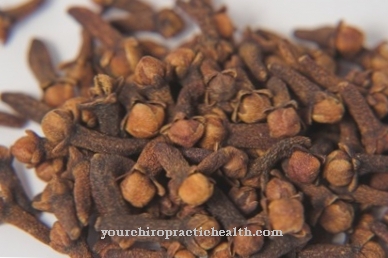
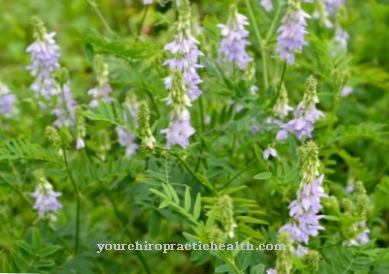

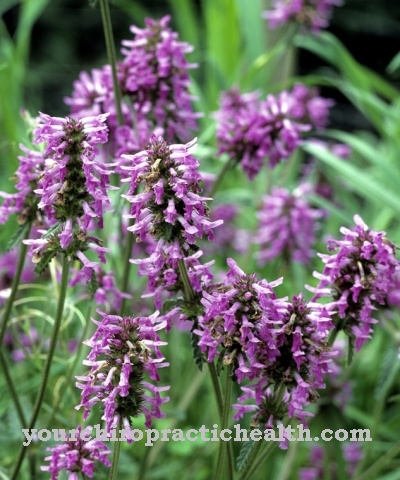
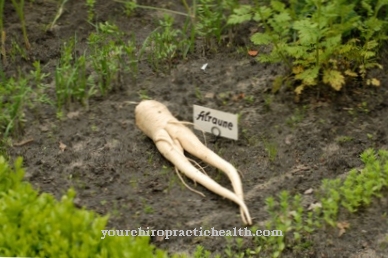
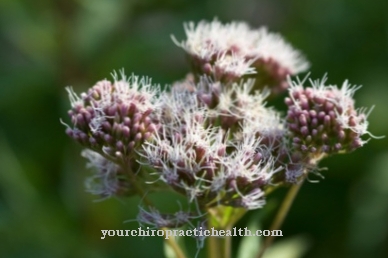

















.jpg)



